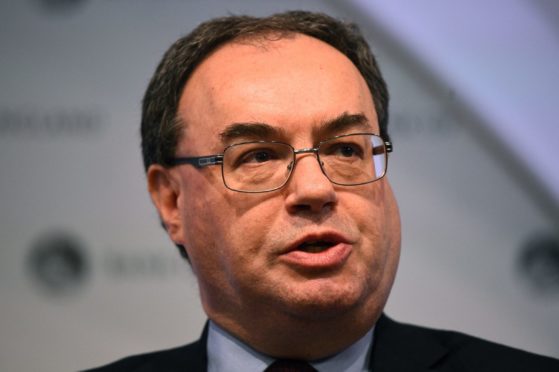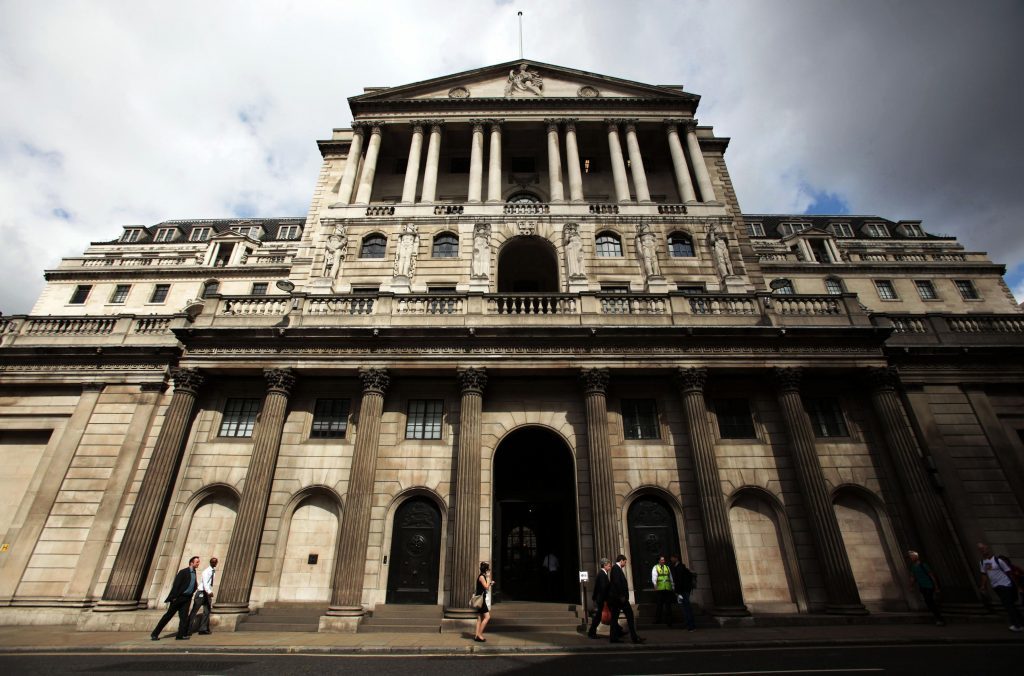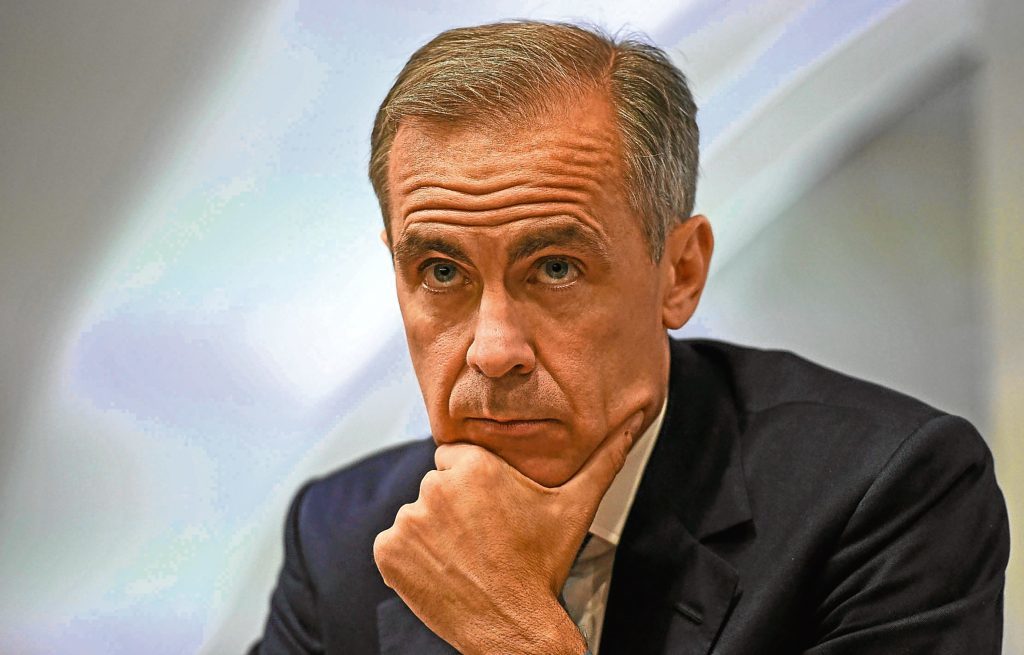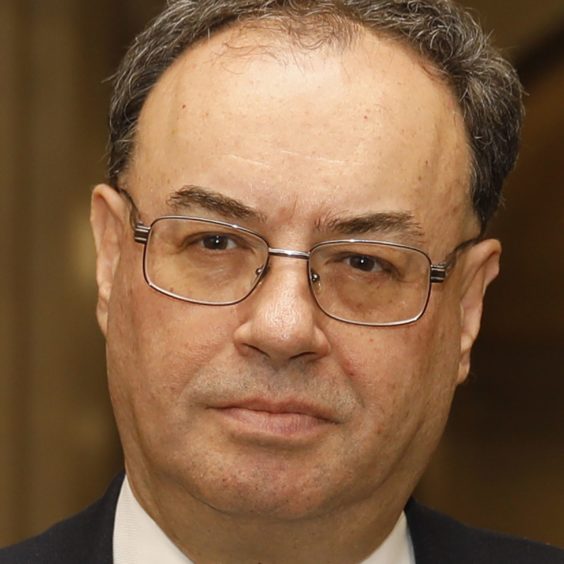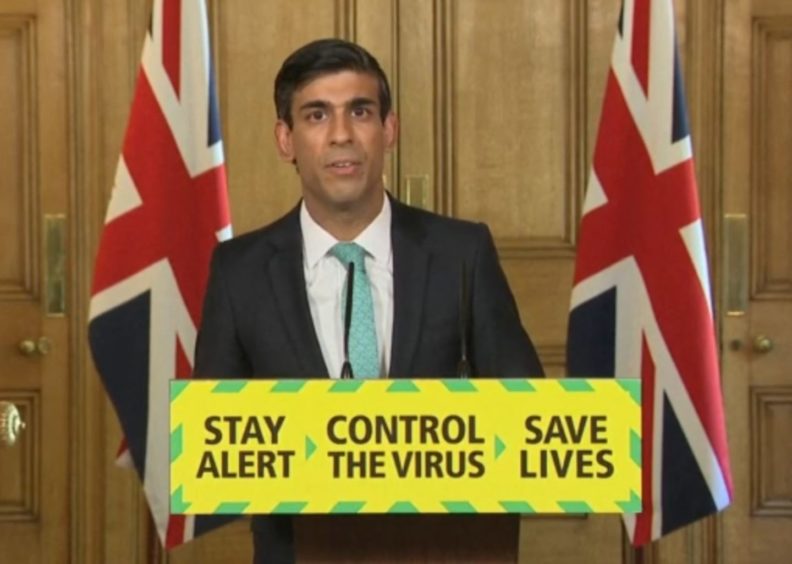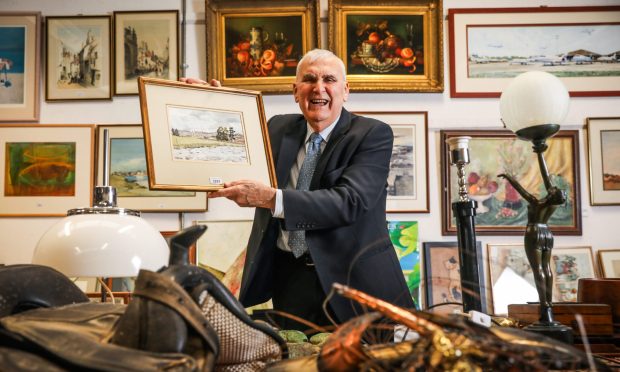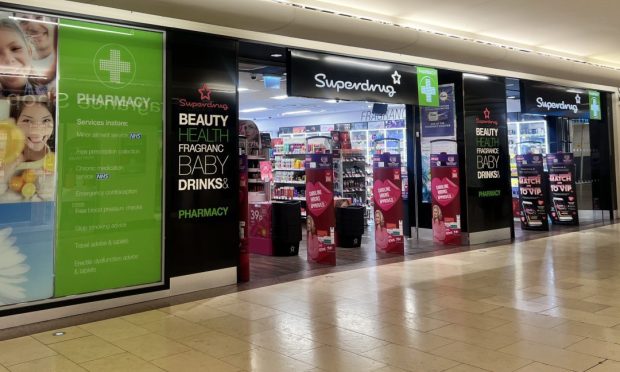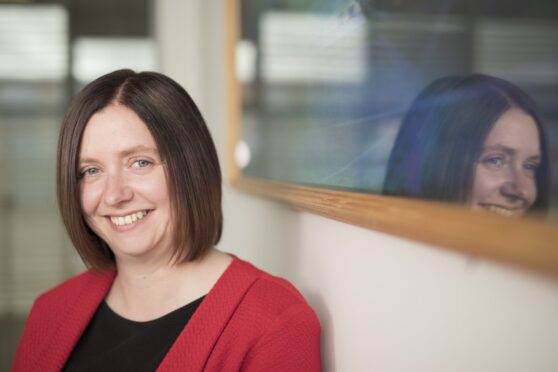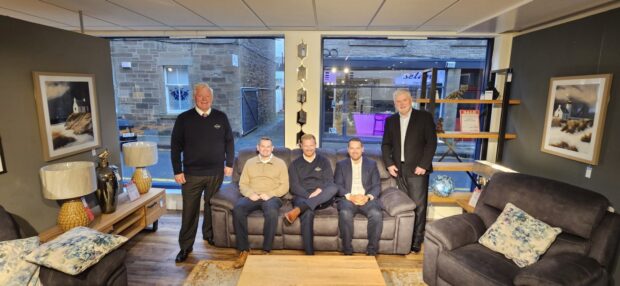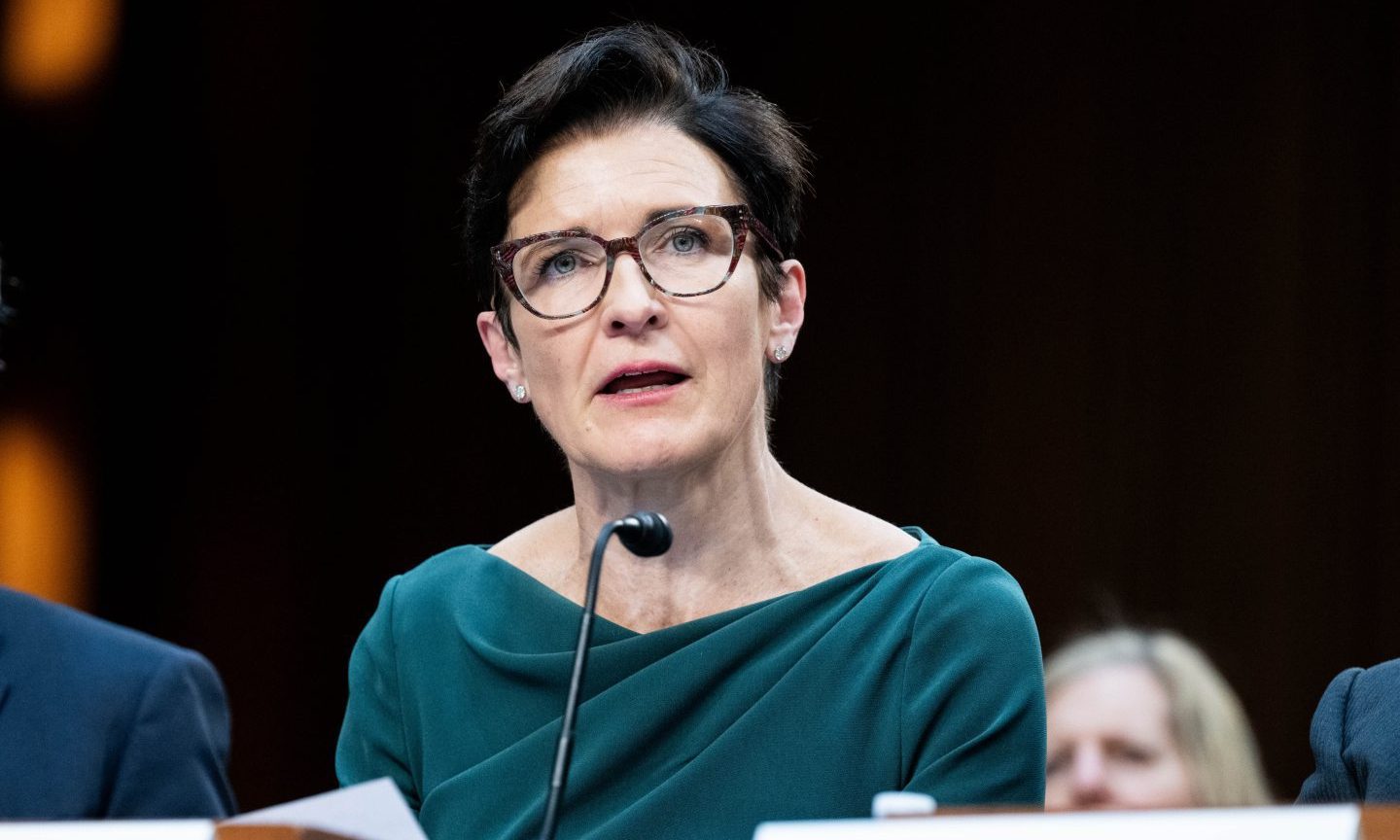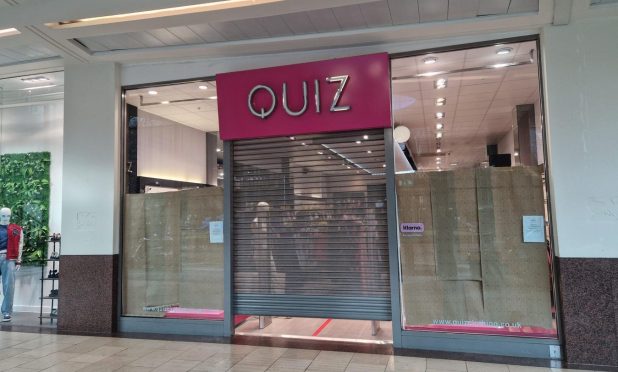Bank of England’s governor has revealed the question which puzzles him most about the UK economy’s recovery from Covid-19.
In a meeting with Scottish Chambers of Commerce Andrew Bailey described a conundrum testing central bankers’ minds globally.
The pandemic has caused millions of people to accumulate higher personal savings than normal.
Will these people go on a spending spree and how long will that last?
Or will the pandemic mean people want to hold onto savings as a safety buffer in an uncertain world?
Higher savings but unevenly distributed
Mr Bailey said: “It’s been a huge and severe recession in terms of economic activity but the level of income has not been as severely affected.
“That’s a reflection of use of policy, in particularly the furlough scheme.
“This has meant the saving rate in the economy has risen quite substantially. It’s also been unevenly distributed.
“Certain parts of the population has seen higher saving rates and those tend to be people with higher incomes.
“We will go into a recovery with a higher level of savings – how will people react to that?
“Will people say now’s the chance to spend and over what period?
“Or will they hold higher precautionary savings because the pandemic has changed their expectations about the need to maintain buffers to support themselves?
“For economists, including my fellow central bank governors, we are all puzzling about how that might play out. It’s an important part of the story looking forwards.”
True unemployment rate higher
The governor, who succeeded Mark Carney last March, said the economy was currently in a “very difficult period”, between 10-11% down on pre-Covid levels.
He said the Bank of England’s view is that recovery will be largely in line with the rollout of vaccines.
Mr Bailey said the official unemployment rate, currently 4.9%, was lower than the true picture, which he estimates at 6.5%.
He said the problem with the data was the requirement of people out of work to state whether or not they were looking for work.
He explained: “That normally requires people sitting down and asking them.
“Also whether they are looking or not looking can change reasonably quickly. The labour market is hard to read.
“Our best guess in November was it would peak around 2nd quarter this year in the 7 to 8% range.
“That’s probably not going to happen now because of the furlough scheme being extended.”
The cost of buying time
Mr Bailey said the decisions the Bank of England had taken would spread the impact of the pandemic over time.
The Bank cut interest latest to a historic low of 0.1% and is two-thirds of the way through a £450 billion quantitative easing programme.
He said: “If we’d left the impact of the shock to play out on the economy over one year, it would have been unbearable. It would have been chaos.
“We are using our various tools to spread this over time. What I can’t tell you is over what time.
“It’s the sensible thing to do. I think it’s the only thing to do. And it could be quite a long time.”
Negative interest rates
One tool still at the Bank’s disposal would be to cut the Bank’s base rate further and follow the lead of countries such as Sweden, Denmark, Japanese in imposing negative rates.
The Bank has carried out feasibility studies and a member of its monetary policy committee this week said it could bring benefits.
But Mr Bailey said the “controversial” issue had several issues.
“Firstly, no country has really used negative interest rates in what I would call the retail end of the market.
“It’s really been the wholesale end on large wholesale deposits from the financial system and from corporate deposits.
“It is hugely dependent on the banking system. Banks do have to earn a rate of return. Negative interest rates complicates earning a rate of return.
“Are they practical? Could it actually be done if we had to do that? We are doing a lot of work with that at the moment with banks.
“Issues like are the IT systems at banks set up to take negative numbers or will they blow up when you try to do arithmetic with negative numbers?”
Banks need to keep lending
The governor said the ability for banks to continue lending was crucial for the country’s recover.
“We had a huge job to repair the impact of the financial crisis and we have spent a decade putting in place regulatory reforms to do that,” he added.
“Covid has been the first very big test of these reforms and the banking system has come through well. The banks have been able to lend and we want them to keep lending.
“We want banks to have enough capital to support lending even when the economy goes down. That’s in the best interest of the economy and also the banks. So far, so good on that front.
“Over the last year there has been extensive lending into the economy and as we go into the recovery phase it’s going to be critically important that we can sustain that.”
The views of Bank of England’s Deputy Governor for Prudential Regulation, Sam Woods, can be found here
